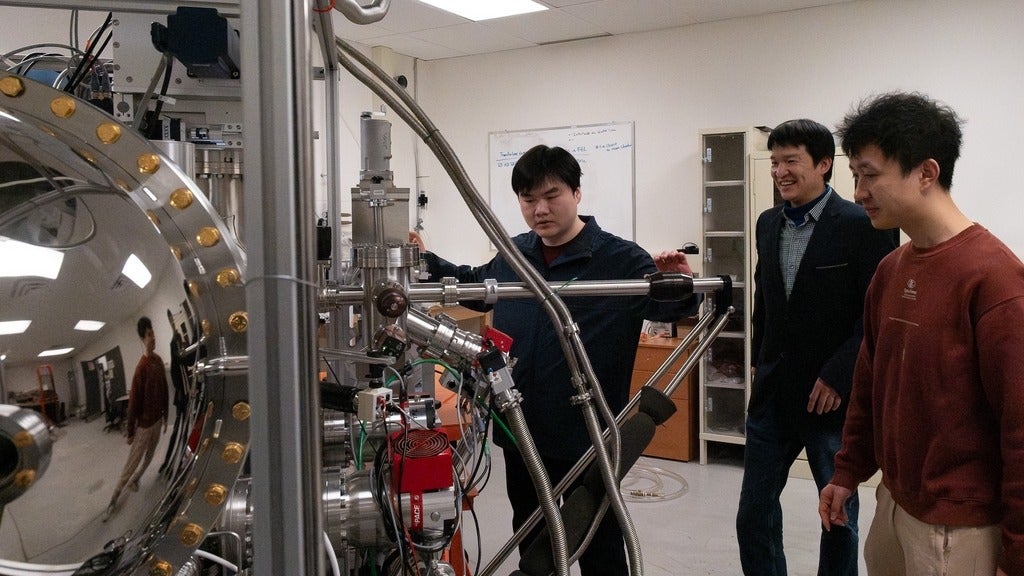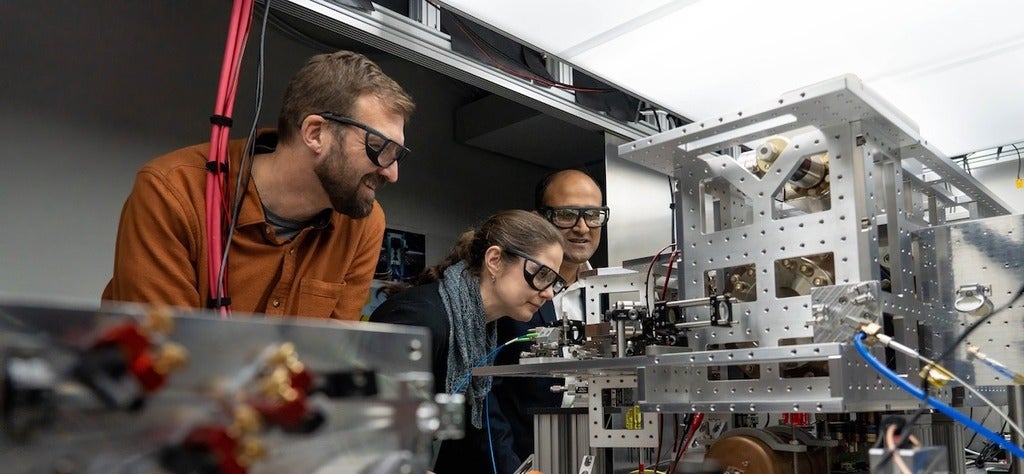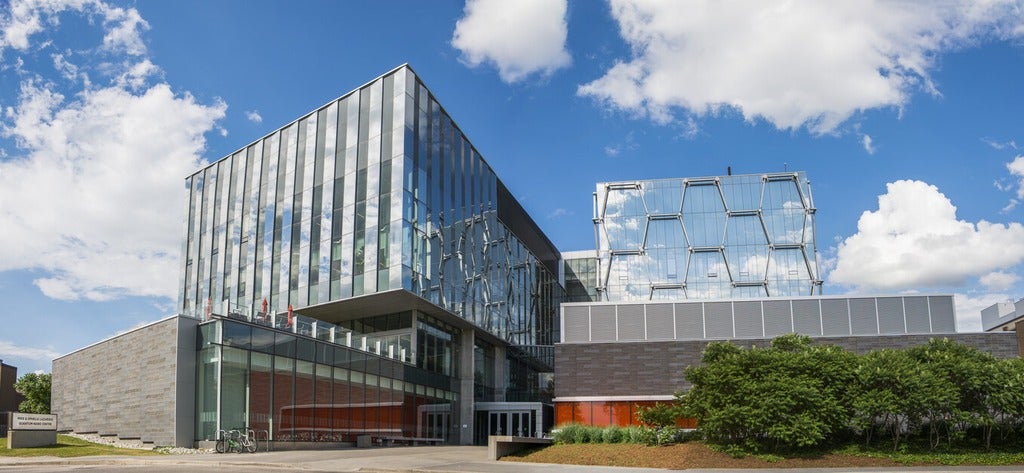Breaking the electromagnetic boundaries in ferromagnetic materials
Researchers at Transformative Quantum Technologies at the University of Waterloo are accelerating towards fully electrical spintronics for applications in data storage and medical imaging.








